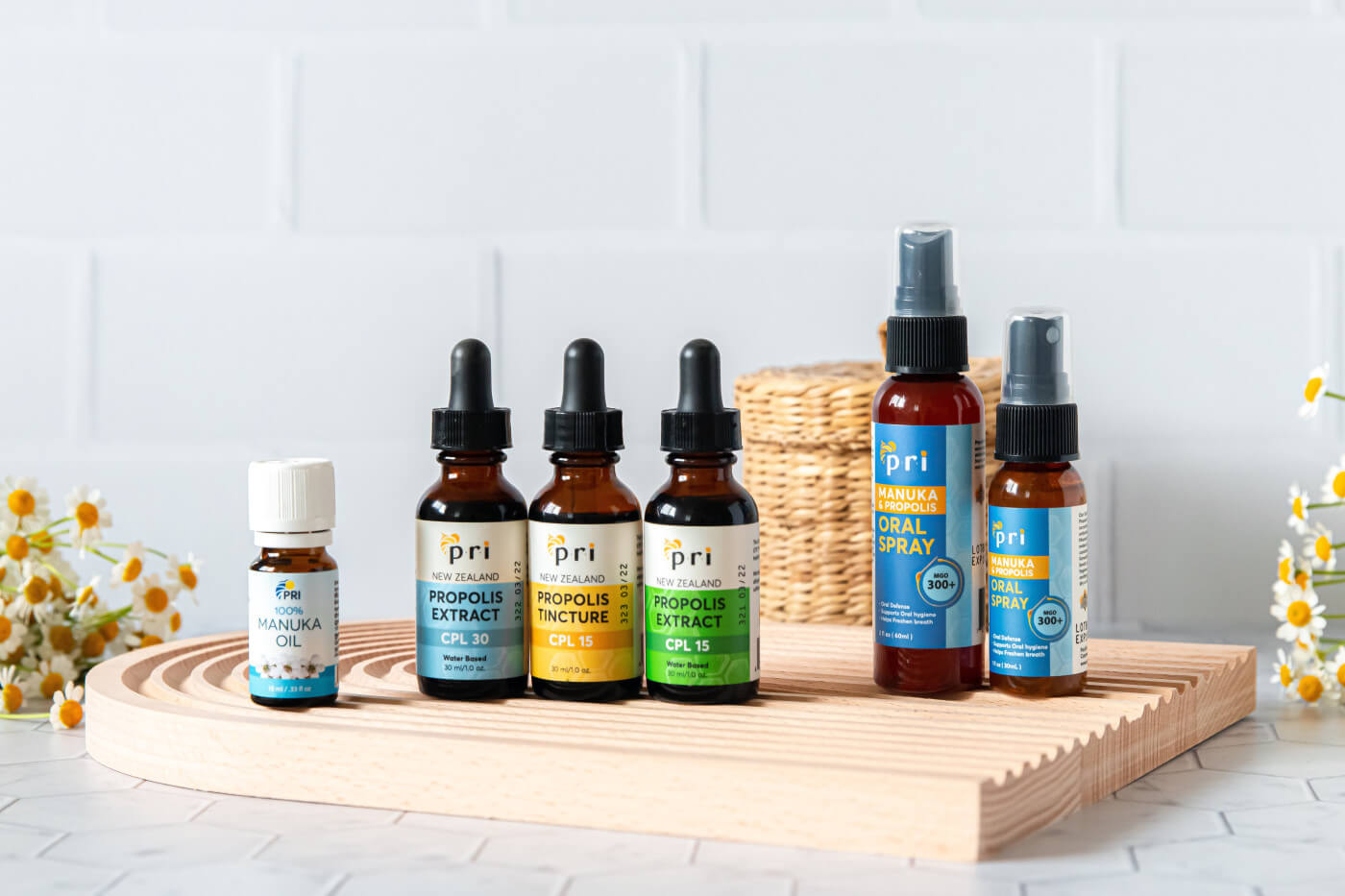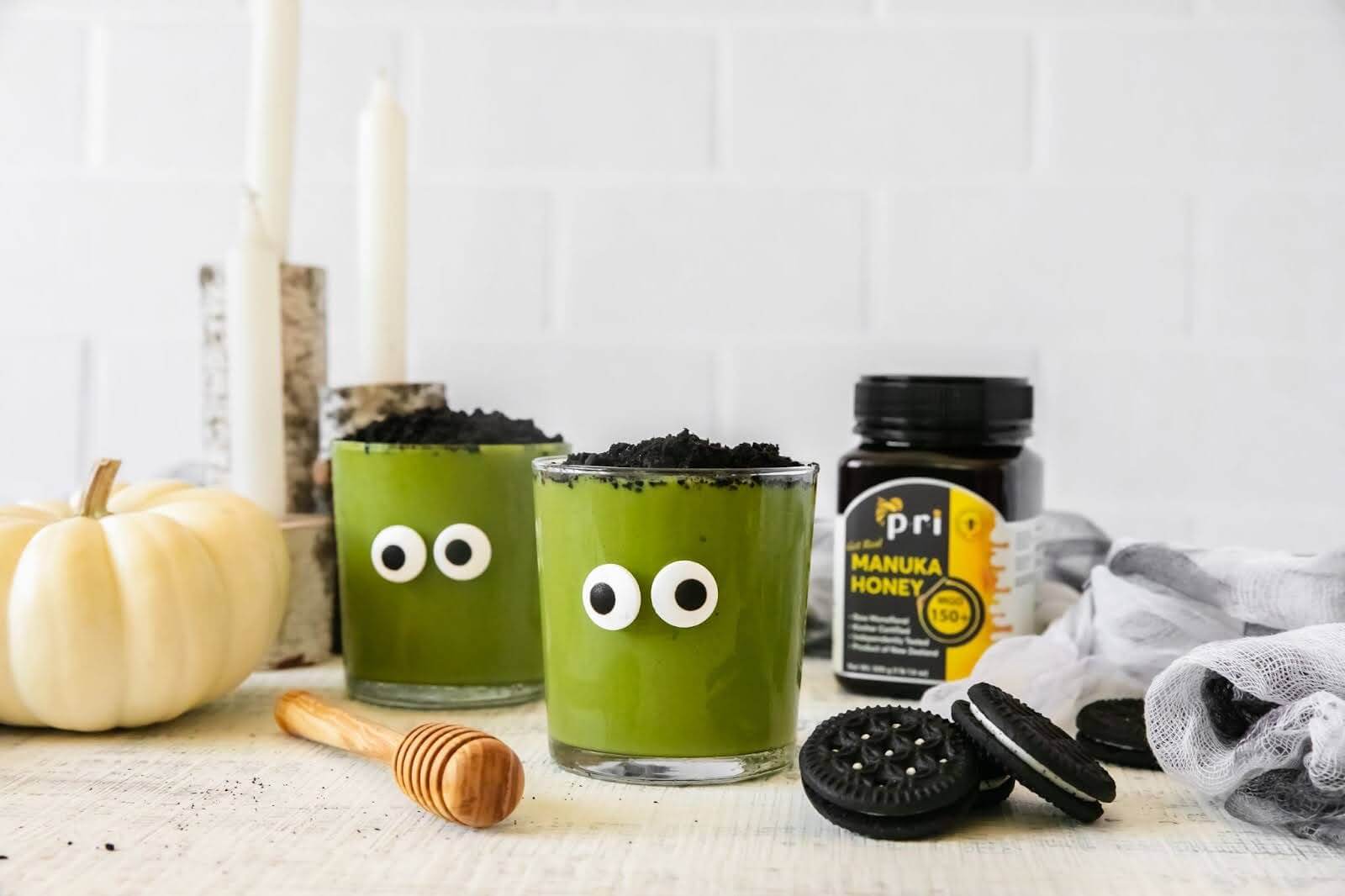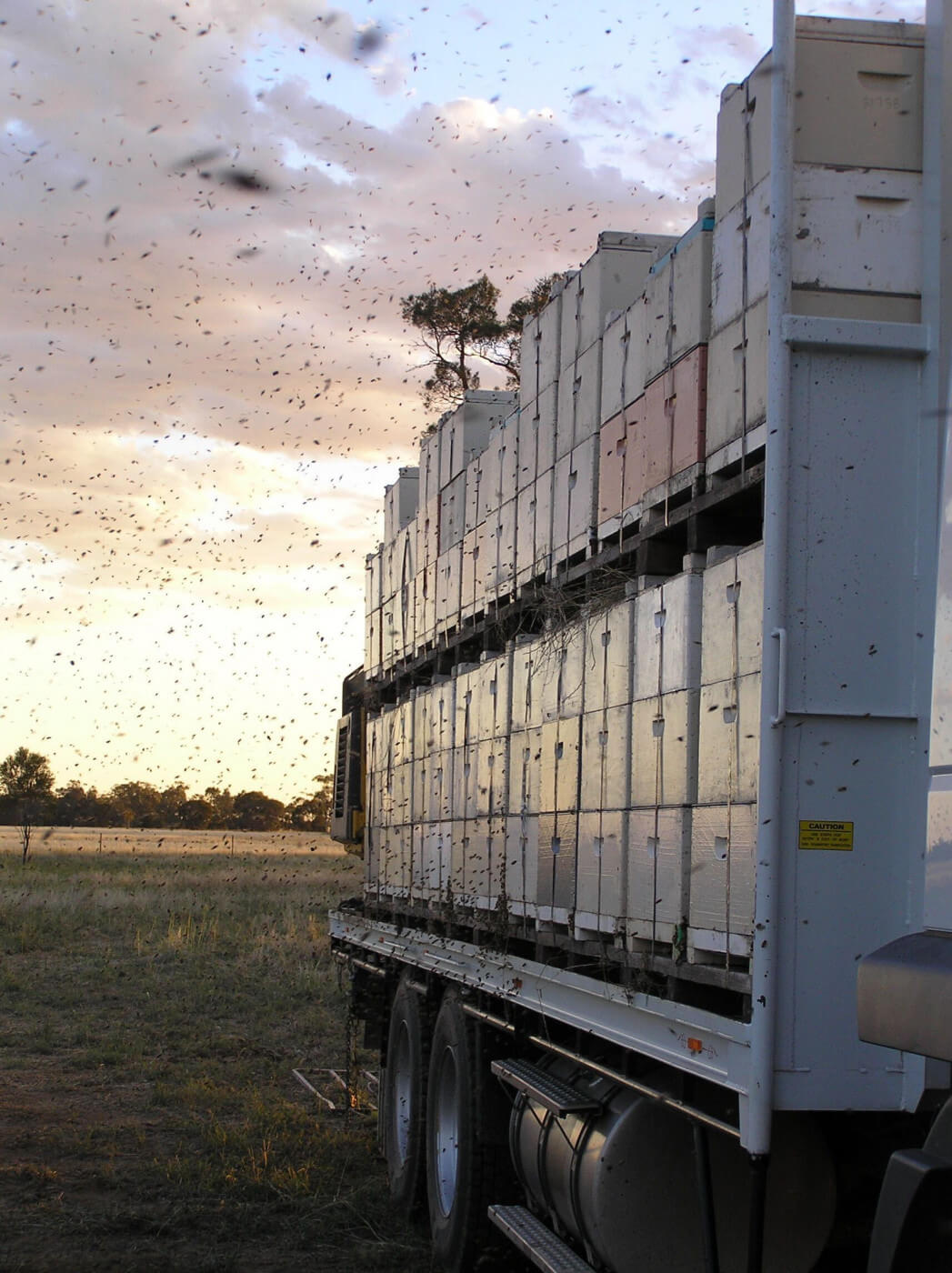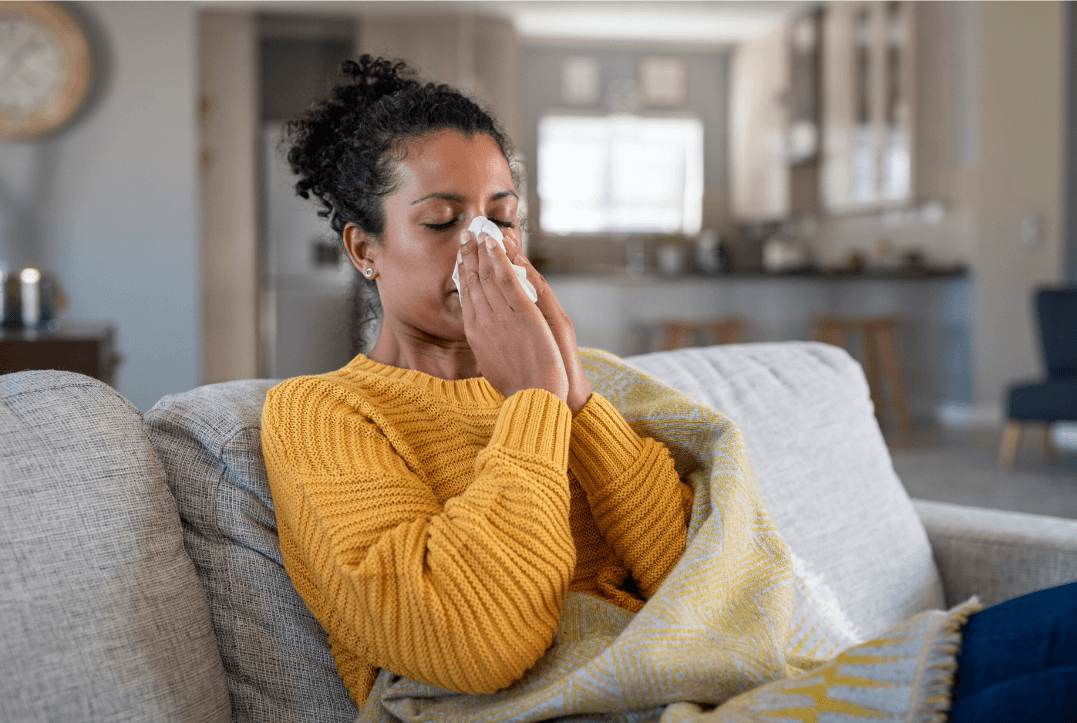1. The Basics
2. The Compounds that Make it Special
3. What is a Certified CL level
4. Propolis Tincture Vs. Propolis Extract
5. Uses of Propolis:
5a - Burn & Wound Treatment
5b - Acne & Other Skin Concerns
5c - Oral Health
5d - Cold & Flu Symptoms
5e - Diabetes Management
5f - Brain Health
5g - Gut Health
5h - Upper Respiratory Infections
5i - Natural Antibiotic
5j - Candida
5k - Nail Infections
6. How to Use Propolis & Our Top 5 Propolis DIYs
7. Disclaimers & Known Interactions
________________________________________________________________________________________________________________________
Propolis is a bee-made resin using plant resins, a bit of honey, and a little bee saliva. They use it to fill in small cracks in the beehive. It also helps maintain the hive temperature, prevents predators from entering, and protects against dangerous microbes and fungi.
Over 500 compounds have been found in propolis so far!! Many of them have anti-inflammatory benefits, but which compound is the superstar? Flavonoids.
Flavonoids are a type of antioxidant that has beneficial anti-inflammatory effects, and they protect your cells from oxidative damage that can lead to disease. Propolis is a super concentrated form of antioxidants.
So, beyond the concentration, what makes the antioxidants in propolis different from, say, the ones found in blueberries? The bees do, of course!
The mixture of plant resins, honey, and bee saliva adds antibacterial and antiseptic properties that simply cannot be matched!
The certified CPL level ensures that you get a high, consistent level of flavonoids per gram of the finished product. Because propolis must first be broken down with alcohol and then with water, and all propolis has naturally varying levels of flavonoids, we must blend and test them to achieve consistent levels. This means you always know you are getting therapeutic levels of flavonoids in every bottle of P.R.I. propolis.
Propolis extract is water-based, while the tincture is alcohol based. You might have read that extracts are more potent than tinctures; however, with our certified CL levels, you will get the same potency no matter which base you choose.
In its base form, Propolis can only be broken down with alcohol. The extract is then put into large vats and continuously beaten with water until the alcohol dissipates.
We recommend the tincture for external uses like cuts, bites, acne, and wounds, but the extract is much more versatile and an excellent choice for small children and those who cannot consume alcohol.
Additionally, if your recipe is oil-based, such as face oil, use the tincture, as the extract will not blend with the oil.
Ancient cultures used propolis to treat wounds and abscesses on the skin and mouth. It was even used in the first and second World Wars to prevent infections and speed healing. Since then, we’ve found many more wonderful uses of propolis. Here we will attempt to cover them all:
As mentioned above, propolis has been used on wounds for quite some time, but our knowledge of how it works and its applications have expanded. Researchers tested propolis against several dangerous microbes and have found it very effective against aggressive bacteria.
Propolis’ complex anti-inflammatory, antibacterial and antioxidant properties make for an excellent natural acne treatment and preventative. Propolis is now in many skincare products & has proven to help lock in moisture and regenerate the skin. One study showed that propolis could reverse UV damage to the skin. Additionally, a combination of Olive Oil, Beeswax, Propolis, and Honey has been found very effective against diaper rash.
Over the last several years, the link between overall health and our oral health has become impossible to ignore. This knowledge and growing concern about fluoride exposure and toxicity has increased the popularity of natural oral care options. Did you know that children ingesting fluoride toothpaste are the #1 reason for poison control calls? (1) (2) Unbiased studies show fluoride doesn’t prevent any harmful bacteria, now is the time to switch to a natural oral care routine. Propolis has shown to be a fantastic natural addition to oral care that will actively fight harmful bacteria. Recent studies show it can also help protect against oral disease, reduce plaque and treat canker sores.
The antiviral and antibacterial properties of propolis have made it a common natural treatment for cold & flu symptoms worldwide. It has even recently been studied against COVID. While further studies must be done, initial studies show that propolis may be part of a very effective treatment.
Propolis was first acknowledged in 1988 to act in an anti-hyperglycemic capacity, thus stabilizing blood sugar glucose. Since then, many more studies have shown that propolis may inhibit enzymes that increase blood sugar.
Propolis is showing great promise in treating many brain conditions ranging from detoxification, oxidative stress, neuroinflammation, brain injury, Alzheimer’s disease, Parkinson’s disease, epilepsy models, depression, cytotoxicity, cognitive improvement, and brain infections. These benefits are thought to be caused by propolis’ unique and highly potent anti-inflammatory properties.
Studies on propolis and gut health abound, showing great promise in the treatment of many conditions as well as general maintenance. A rich source of probiotics, propolis acts in our gut, much the same way as it does in the hive, creating an intestinal barrier and preventing toxins and bacterial dislocation from the gut to the blood. Propolis also has shown great success in treating GI diseases such as oral mucositis, oral microbiota, ulcerative colitis, and gastric ulcers.
Many studies have been done on children and adults, showing that propolis is highly effective against URTIs. URTIs are ubiquitous, especially in children; some have become antibiotic-resistant. Current drugs for treatment are high in cost and have serious side effects in children. Propolis is shown to work on antibiotic-resistant infections.
While we’ve touched on this above, it is essential to note this use, especially since more bacteria are becoming resistant to antibiotics. Probiotics are crucial while on antibiotics. Propolis is a powerful probiotic and natural antibiotic in one! Not only shown to protect against the spread of harmful bacteria, but propolis can also prevent it from taking hold to begin with. Studies indicate that this is because propolis can break down and prevent the spread of biofilms, which harmful bacteria use to take hold and spread.
While this could fall under gut health and skin health, we thought it necessary to highlight, given that candida is found in most of the population. There are different types of candida, such as Candida albicans, which typically manifests in the genitals and mouth, and Candida tropicalis, which occupies the intestinal tract. Studies show that propolis is effective against many candida types.
The most popularly prescribed treatment for fungal nail infections is resistant to seven common nail funguses AND not nearly as effective as propolis on the non-resistant fungi.
Propolis is best taken in the morning. While there are no official dosage recommendations, ½ - 1 dropper daily is ideal. Place the propolis under your tongue and allow it to dissolve. Those who dislike the flavor recommend placing the propolis in a glass of juice. Drink slowly.
Ingredients:
- 1 Cup of Distilled Water
- 2 Drops of Manuka Oil
- 4 Drops of Propolis Tincture
- 1 Tsp of Microplastic-Free Sea Salt
- ½ - 1 Tsp of Manuka Honey
Put all ingredients in a bottle and shake before use. Avoid swallowing. If swallowing is a concern, such as with young children, simply remove the Manuka oil from the recipe.
Ingredients:
- 1 Two-Ounce Spray Bottle
- 4 Tsp of Manuka Honey
- 2 Tsp of Propolis Extract
- 2-3 Drops of Peppermint Essential Oil (Optional)
- Distilled water
Combine all ingredients in the spray bottle and shake. Spray as needed for sore throat, fresh breath, or after meals when you can’t brush.
Ingredients:
- 2 Tbsp Manuka Honey
- 2 Tbsp Olive Oil
- 1 Dropper of Propolis Extract
Mix all ingredients. Clean and thoroughly dry the affected area. Apply ointment to the affected area and allow it to dry slightly before diapering. Honey & propolis are safe to use externally on children of all ages, provided they do not have an allergic reaction to bee products.
Ingredients:
- 2 Cups of Distilled Water
- ½ Tsp of Microplastic-Free Sea Salt
- 2-3 Drops of Propolis Extract
- ½ Tsp Manuka Honey
Shake or blend all ingredients. Use it in your Neti Pot or a similar device.
Ingredients:
- 2-Ounce Dropper Bottle
- 5 Drops Propolis Tincture
- Bottle of 10% Manuka Oil in Sweet Almond Oil
- 2-4 Drops of Essential Oils of Choice (Optional)
Add essential oils and propolis to the dropper bottle. Fill the rest of the way with the Manuka in Sweet Almond Oil. Shake well before each use.
As always, we strive to provide you with the best information backed by scientific studies. However, we are not doctors and cannot recommend any treatment for specific concerns. It’s important to talk to your doctor about any concerns you might have.
That said, here is what we think you need to know:
Propolis has no known severe, serious, moderate, or mild interactions with other drugs. Take caution when combining propolis with medications that slow blood clotting (Anticoagulant / Antiplatelet drugs). Propolis is thought to slow blood clotting, though more studies need to be conducted on the topic.
Allergic reactions (skin or respiratory symptoms) may occur, particularly in people who are allergic to bees or bee products.
Manuka Honey 100+
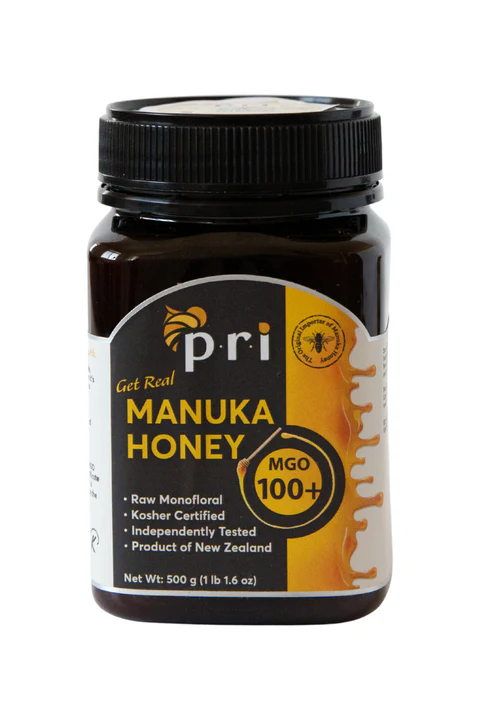
$ 29.99
Our family was the first to bring distinctive, authentic, cool-processed, raw Manuka Honey to the U.S.Sourced from native Manuka trees found in New Zealand & Australia, Manuka Honey has been used for centuries by native peoples. Today doctors, naturopaths, and… Read More
PRI Manuka Honey MGO 150+
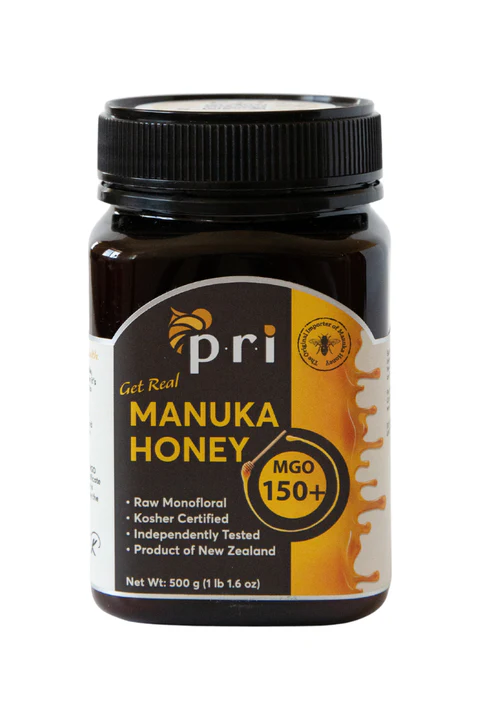
$ 34.49
Our family was the first to bring distinctive, authentic, cool-processed, raw Manuka Honey to the U.S. Sourced from native Manuka trees found in New Zealand & Australia, Manuka Honey has been used for centuries by native peoples. Today doctors, naturopaths,… Read More
Manuka Oil
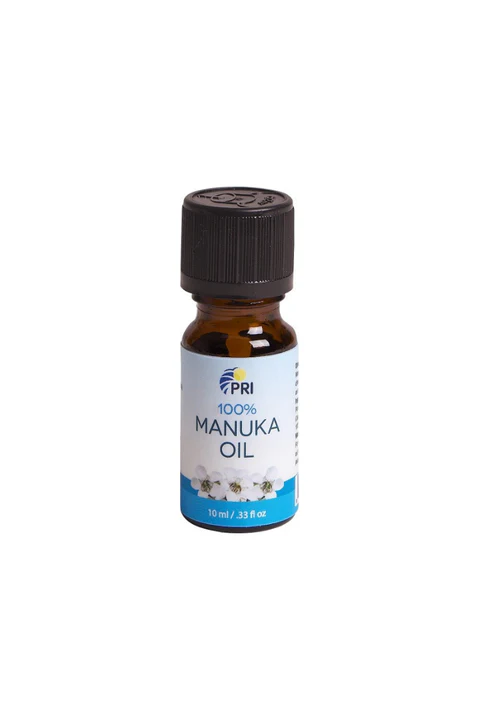
$ 11.19
Distilled directly from our native Manuka trees, our Manuka Oil is wild-crafted from our natural environment that can help heal you naturally. There are so many different uses for Manuka Oil. In this essential oil product, you'll find therapeutic properties unmatched… Read More
CPL® Bee Propolis Tincture

$ 13.99
Drawn right from the source in its purest form, our Propolis Tincture CPL 15 is a powerful weapon in your arsenal when it comes to strengthening your health with nature‘s defense system. At PRI, we want to grant you access… Read More
CPL® Bee Propolis Extract

$ 13.99
Normally used in nature by bees to secure their hives and protect it from infection, we‘ve taken that same power of propolis and made it a product fit for human health. Used in a variety of medical situations, humans may… Read More

